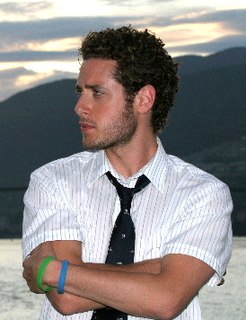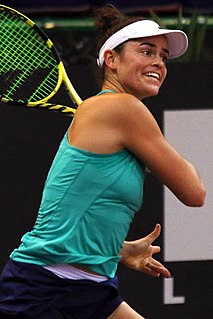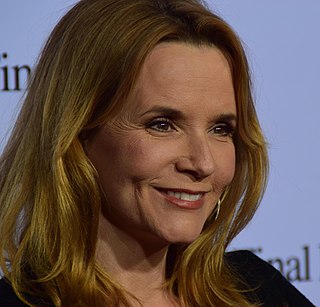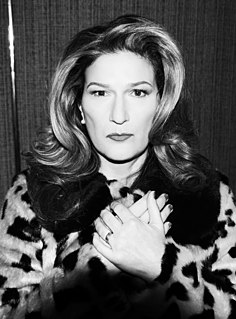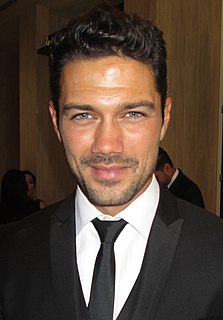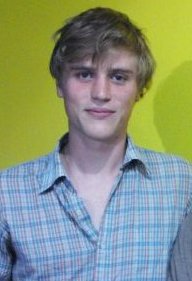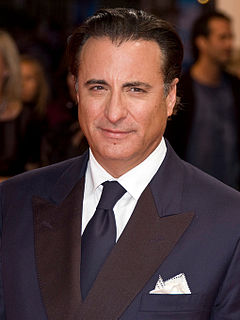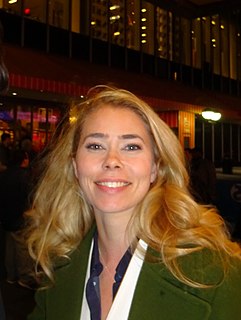A Quote by William Shatner
You cannot begin to imagine the shock I had when I came down on the floor for the first time. First of all, there's this whole thing about playing sitcom comedy. I didn't want to do the sitcom thing, but I didn't know what else to do. I went slowly. We went through the week of rehearsal, then we got on the floor with the cameras, which I'm used to because of my experience in the old days. Then came camera day, with an audience, and it was stunning, enthralling, exciting and chaotic. I had never experienced anything like that before, as an actor. I was part minstrel, part actor.
Quote Topics
About
Actor
Anything
Audience
Because
Before
Begin
Came
Camera
Cameras
Cannot
Chaotic
Comedy
D Day
Day
Days
Down
Else
Exciting
Experience
Experienced
First
First Of All
First Time
Floor
Got
Had
Imagine
Know
Like
Never
Old
Old Days
Part
Playing
Rehearsal
Shock
Sitcom
Slowly
Stunning
Then
Thing
Through
Time
Used
Used To Be
Want
Week
Which
Whole
Related Quotes
A sitcom, you rehearse for four days of the week and then you shoot it all in one night in front of a studio audience. It's like a play every week, you just shoot it over a seven or eight-day period with a single camera. I enjoy this format of show much more. I'm a feature guy. I like making movies. So the four camera thing I didn't love it that much. I found myself slightly out of my element.
Well first of all I was nine weeks pregnant at the time and no one knew it. So it was - it had a whole other meaning for me not just because I had to let the dress out, you know, every few days before the actual day. But, you know, because that was the, you know, more important than anything else that was going on in my life. But in terms of actually winning I think I had been nominated four or five times before then. And every one of my co-stars had won up until that point.
In my twenties, I thought it was getting a sitcom. Then I got a sitcom pilot in my early thirties, and realized I didn't want it. It was a rude awakening. When it wasn't picked up, I was crushed, but then in retrospect I've made two films and produced three one-man shows since then. It's the luckiest thing that happened in my life.
Right away, I knew I didn't want to have that look of other guys with long hair and bell-bottom pants, because everybody else had that look. I kind of adopted my boarding-school look, which made me stand out. Then the next thing you know, the first song on my first record is a song called "School Days." It's about going to the boarding school I went to. So then I just started to write about myself. The very first song I ever wrote was about a guy I met in a boatyard that we were working in. So I've always had this thing about sticking to more or less what I knew.
I grew up on M*A*S*H and All In The Family and Cheers. And then around this time, this would have been '95, '96, I was so into Friends and Mad About You, the idea of being on a sitcom became a very real thing that I wanted. It was not so much a relief. It was really exciting. It's an amazing thing to be in front of an audience.
I started in comedy when I first started as an actor on stage and doing improvisational theater and stuff like that. So a lot of people who know me know that sort of side of me. But I got the roles that I got as an young actor kind of steered me in a different direction, which were, at times, darker characters. And so comedy was not something that came easy for people to think of my in those terms.
The weird thing with 'Kismet' is that Vincente Minnelli didn't know what to do with a Cinemascope camera for that film - so he never moved it! It's like in the old days when sound first came in and was so complicated that the camera just sat there. There are hardly any close-ups in 'Kismet,' so everything's at a bit of a distance.

